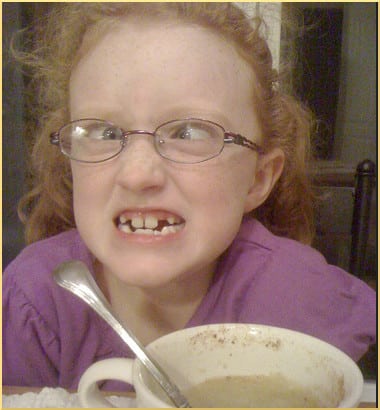Childhood Obesity News has been comparing and contrasting the basic qualities of the “red-headed stepchild,” food addiction, with various other conditions that the Diagnostic and Statistical Manual (DSM-5) recognizes as real and legitimate.
One of the awkward things about discussing the idea of food addiction is that not all foods affect people with such enthusiasm that they are in danger of becoming hooked. The fact that many foods are incapable of inspiring devotion at the addiction level has made comprehension more difficult. If compulsive overeating is meant to fill a person’s emotional empty places, not every food can do the job. Some provide the illusion of doing so – at least temporarily – but it would be too complicated to break the syndrome down into cheese addiction, sugar addiction, potato chip addiction, etc.
Another Take
There might be a different way of looking at food addiction. The experts who composed DSM-5 determined that gambling resembles a substance addiction in every way, except that it is not a substance. So is it possible that an unhealthy dependency that actually does involve a consumable substance could paradoxically fall under a totally different category? What if it is actually a behavioral addiction that just incidentally happens to involve substances? Then these distinctions would not matter. It sounds complicated, but Mark D. Griffiths of Nottingham Trent University says:
Behavioural addiction has become a topic of increasing research interest. There is now a growing movement that views a number of behaviors as potentially addictive including many that do not involve the ingestion of a drug (such as gambling, sex, exercise, work, videogame playing and social networking).
A brief look at the 53-page document outlining the Plenary Presentations at the 1st International Conference on Behavioral Addictions reveals a wealth of intriguing phrases and concepts that could somehow come into play, as understanding of food-related problems grows. There are mentions of Reward Deficiency Syndrome, subthreshold conditions, holistic intervention, impulsivity, craving, identity, compulsive buying, death anxiety, and social judgments of behavioral versus substance-related addictions.
One presentation was titled “Associations of negative affect and impulsiveness with disordered eating and problem gambling in a community-based sample of adults.” What are those things all doing together in one title? And how about “Mental stress, sleeping disorders, and risk of Internet addiction and eating disorders: New public health challenges among university students”? How is research progressing on these fronts?
In any case, experts are splitting ontological hairs and counting angels on the heads of pins and engaging in learned speculation about just where each ailment resides in their taxonomy of dysfunction. Meanwhile, out in the real world, real children and teenagers and young adults are living in misery due to their problems with food. Whatever labels are ultimately bestowed on these conditions, millions of kids need help right now.
Your responses and feedback are welcome!
Source: “1st International Conference on Behavioral Addictions
mat.org, 2013
Image by Anthony Crider


 FAQs and Media Requests:
FAQs and Media Requests: 











